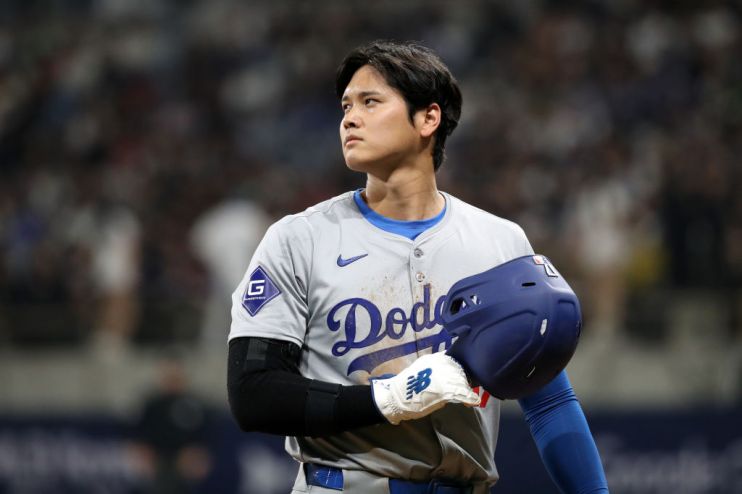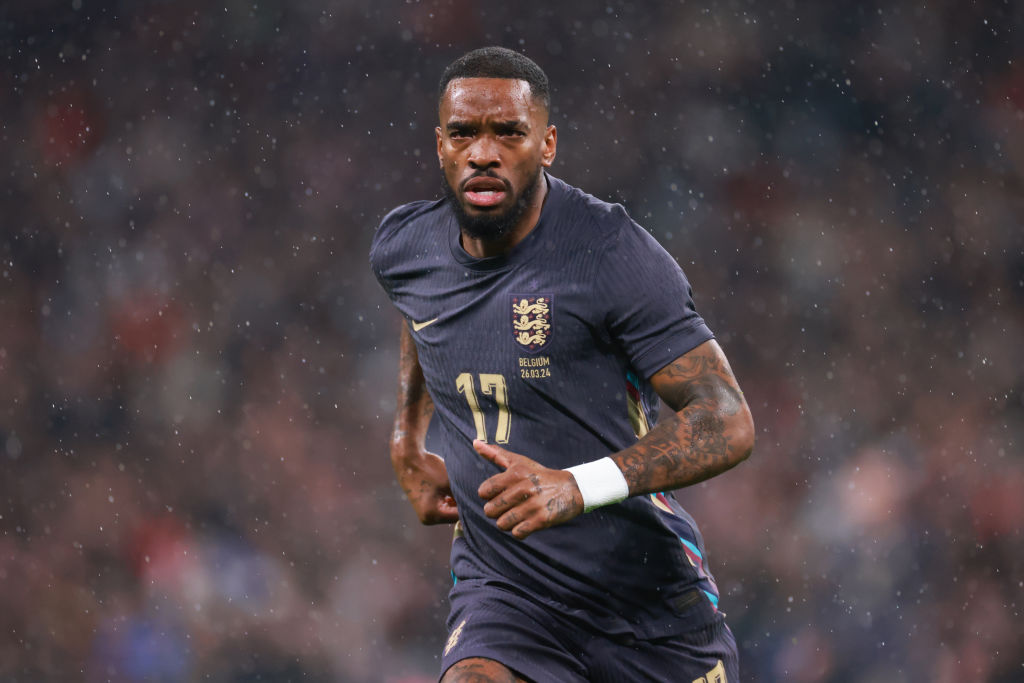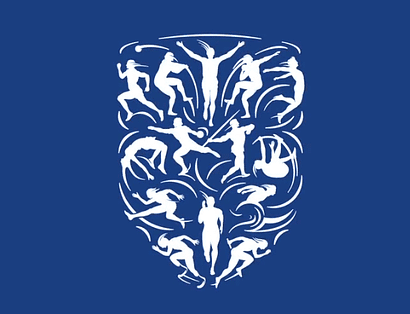Ed Warner: What Ivan Toney and Shohei Ohtani say about sport and gambling

Our columnist on what the stories of Ivan Toney and Shohei Ohtani tell us about sport’s relationship with gambling; flag furore; North Korean away days; a Games in peril; and racing winnings.
Ivan Toney’s rehabilitation is ostensibly complete. His eight-month ban for betting on football has been followed by a first England start and a likely big-money transfer this summer.
On the other side of the Atlantic, baseball’s biggest star Shohei Ohtani is embroiled in controversy about his interpreter’s gambling debts. How much of the betting iceberg lies below the surface?
This brief article can’t do justice to the complexities of the Ohtani case. At its heart is the suggestion that $4.5m was stolen from the Korean to settle those debts. But little is clear and the perceived integrity of Major League Baseball is at stake.
Time, then, to remember that America’s resistance to legalised sports betting, which has been progressively eased over the past few years, traces back to the notorious Chicago ‘Black’ Sox and baseball’s 1919 World Series.
You can find lengthy analyses of the furore surrounding Ohtani online. Maybe start with CBS here.
Last week, as Toney was named in the England squad, Paul Merson provided a warning about the gambling “addiction that is ravaging football”. There can be no doubt that Merson speaks with an authority born of his personal experience. All in the game would do well to heed him.
“We underestimate this addiction. We need to show it some respect and not, ‘oh, show a bit of willpower’. I would say to the people who make these rules up and ban people, ‘next time you get diarrhoea, try and stop that with willpower’.”
Paul Merson. Read more from him here.
The bans meted out to Ivan Toney and Sandro Tonali always appeared crass to me, tackling the symptoms rather than the root causes of the players’ – and their sport’s – problems.
We don’t know exactly what restorative programmes either may have engaged in on the sidelines, and the extent to which the FA and the PFA might have been involved, but only if football severs its links with the gambling industry will it be worthy of our sympathy when betting scandals erupt – as surely more will.
Over in the US, no big-money move beckons for Ohtani. He’s just made one: a 30-mile drive from the Los Angeles Angels to the LA Dodgers. His new contract has a record value of $700m over 10 years, but a curious structure in which all but $2m a year is paid to him in the subsequent decade.
The player won’t be on the breadline though, given personal commercial income of a reported $40m a year.
NBC unravels the Ohtani deal maths here.

Kit bait
The confected brouhaha over the reimagined Cross of St George on the new England football kit has had me chuckling. Nike and the FA light the blue touchpaper and end up selling loads of shirts. Been there, done that (well, lit the touchpaper, but had no shirts to sell).
Back in 2015 we replaced the Union Flag on the GB athletics vest with a newly-designed logo and the words “British Athletics”, a small part of a new commercial drive. Cue outrage led by Super Saturday hero Greg Rutherford. Never mind that the flag appeared on the rest of the team kit, or that this was an attempt to boost income for the sport.

I found Greg unbothered when I spoke to him at Beijing’s Bird’s Nest Stadium, but that didn’t stop the long-jumper wearing an old top without the controversial logo for his medal ceremony after winning gold at the World Championships. If only there was a market for selling replica athletics kit to fans. We’d have been minted.
The real scandal should have been – as vaulter Holly Bradshaw quickly spotted – the pole vaulter in the logo was using only one hand. Try doing that down your local athletics club…
Regime games
Japan 1-0 North Korea. All to play for in the return World Cup qualifying fixture in Pyongyang, you’d have thought. Only the risk of importation of infectious diseases from Japan was said by the Korean authorities to be too great and this week’s match was cancelled.
Fifa says it won’t be rescheduled. Other Group B nations Syria and Myanmar are scheduled to play in the “dictatorship of people’s democracy” in June. North Korea thrashed Myanmar 6-1 in Yangon back in November. Maybe the Myanmarian health risk will be deemed more acceptable to Kim Jong Un.
It goes from bad to worse for Luis Rubiales, the president of the Spanish FA ousted in the fallout from that kiss after last year’s Women’s World Cup final. His house was one of seven properties raided by police last week as part of an investigation into the 10-year deal to host Spain’s four-team Super Cup in Saudi Arabia every year.
The Supercoppa Italiana was won by Inter Milan in Riyadh a couple of months ago. The Saudis will also play host to at least three of the next five editions. Chasing the petrodollar isn’t always a straightforward pursuit, however.
December’s Turkish Super Cup in the Gulf state was scrapped amid claim and counter-claim about the competing teams’ plans to celebrate the centenary of the founding of the Republic of Türkiye at the match. It’s now back on home soil in Şanlıurfa on 7 April.
Wonder what discussions the FA might have had over the years about relocating the Community Shield?
You gotta roll with it
It is said the sun never sets on the British Empire. Well it looks like it’s going down on the Commonwealth Games.
For a moment it seemed Malaysia might take a proffered £100m to step in as emergency hosts for 2026. But it didn’t take much local opposition to trigger a U-turn. Little surprise given the Games cost many multiples of that sum in their current form.
Silence from the Commonwealth Games Federation, which is said to still have one or two irons in the fire. How hot they are is another matter.
Are its leaders genuinely reimagining the shape of the Games or simply hawking a slightly slimmer version of their traditional format? They don’t have to tell us, but surely if they sold a bold new vision they might ginger public support within possible host nations. Bandwagons only roll if given a starting shove.
Giddy up! Follow up
A horse racing “big eventer” gets in touch after last week’s column to reinforce my point about British racing struggling to compete with the iconic global meets. He’s collecting the big four within a 12-month period.
The Cheltenham Gold Cup’s £351,688 first prize (described as jaw-dropping by one newspaper – but maybe for the wrong reason) is dwarfed by the Melbourne Cup’s £2.28m and £2.45m for the winner of each of the Prix de l’Arc de Triomphe and the Kentucky Derby (all at today’s exchange rates).
Hard for the British authorities to claim any competitive advantage given that disparity.
Ed Warner is chair of GB Wheelchair Rugby and writes his sport column at sportinc.substack.com
